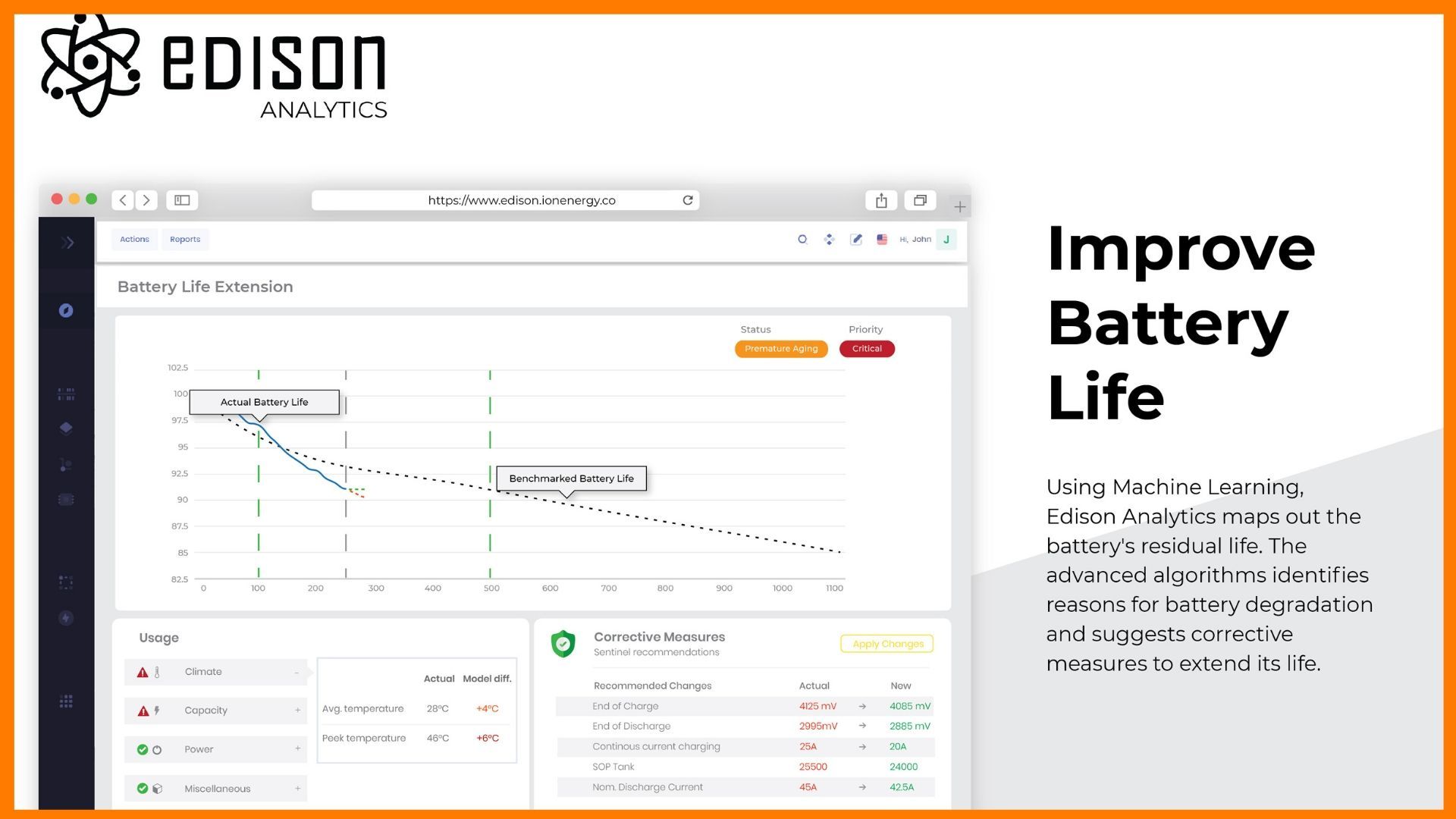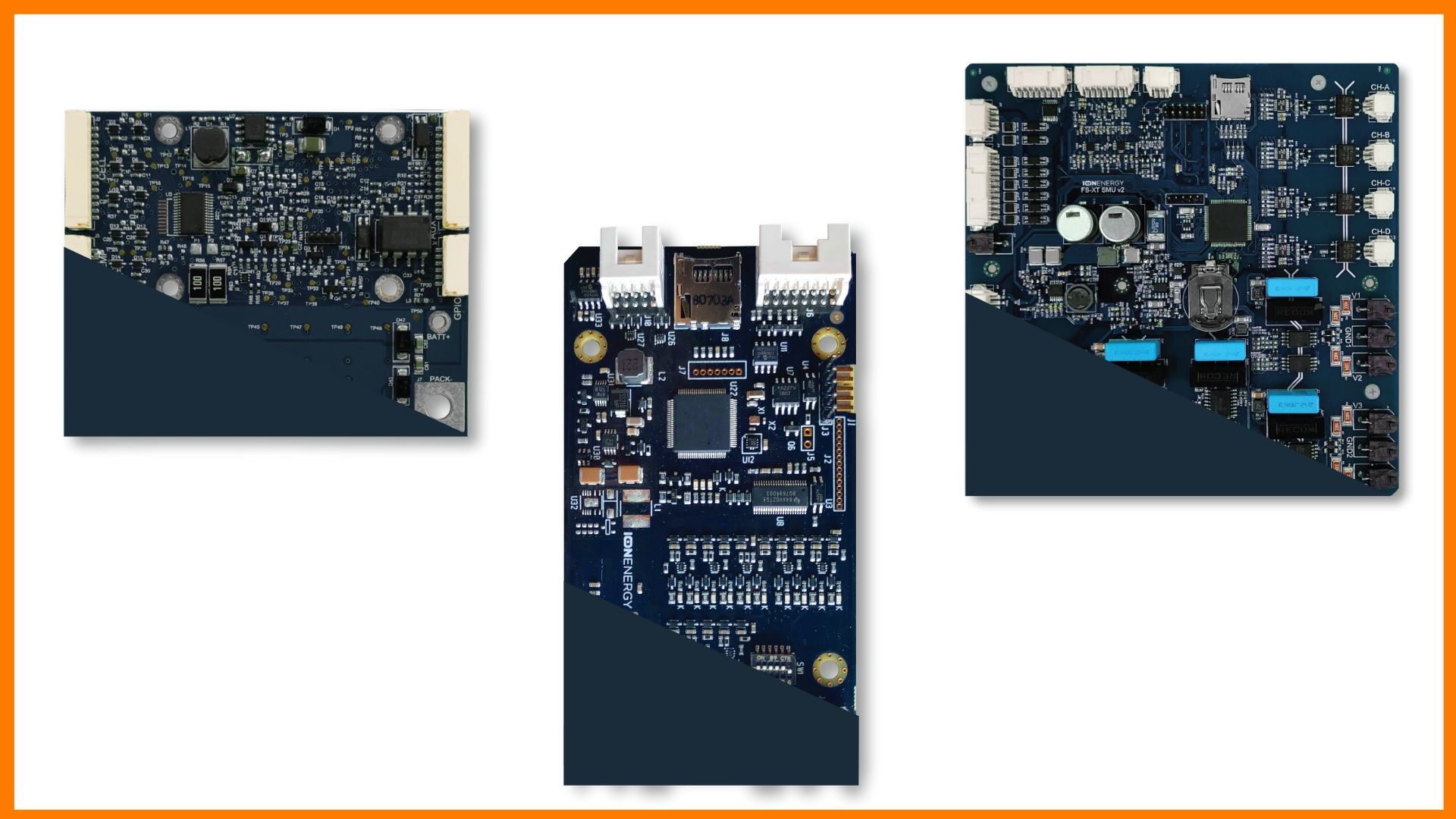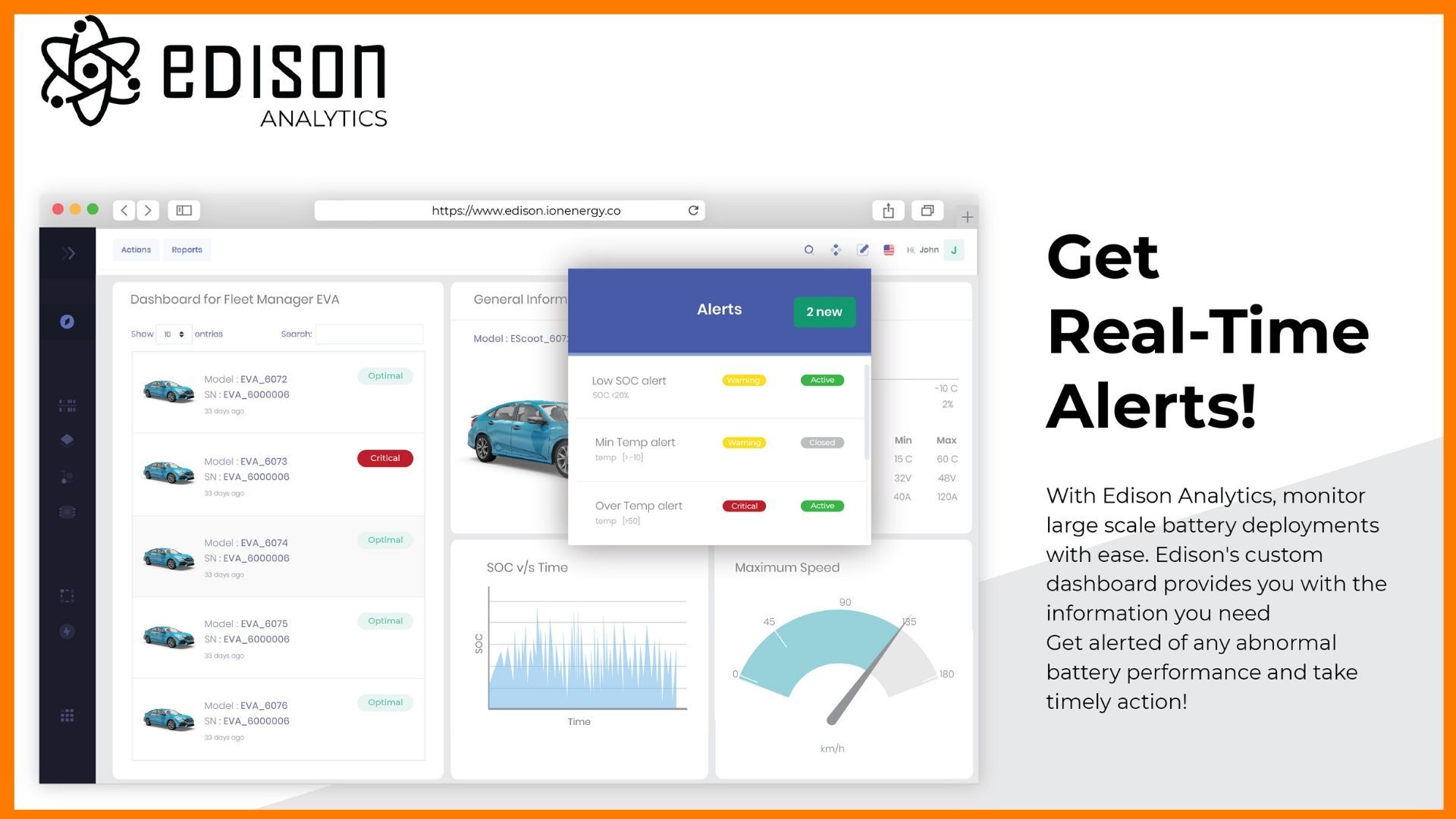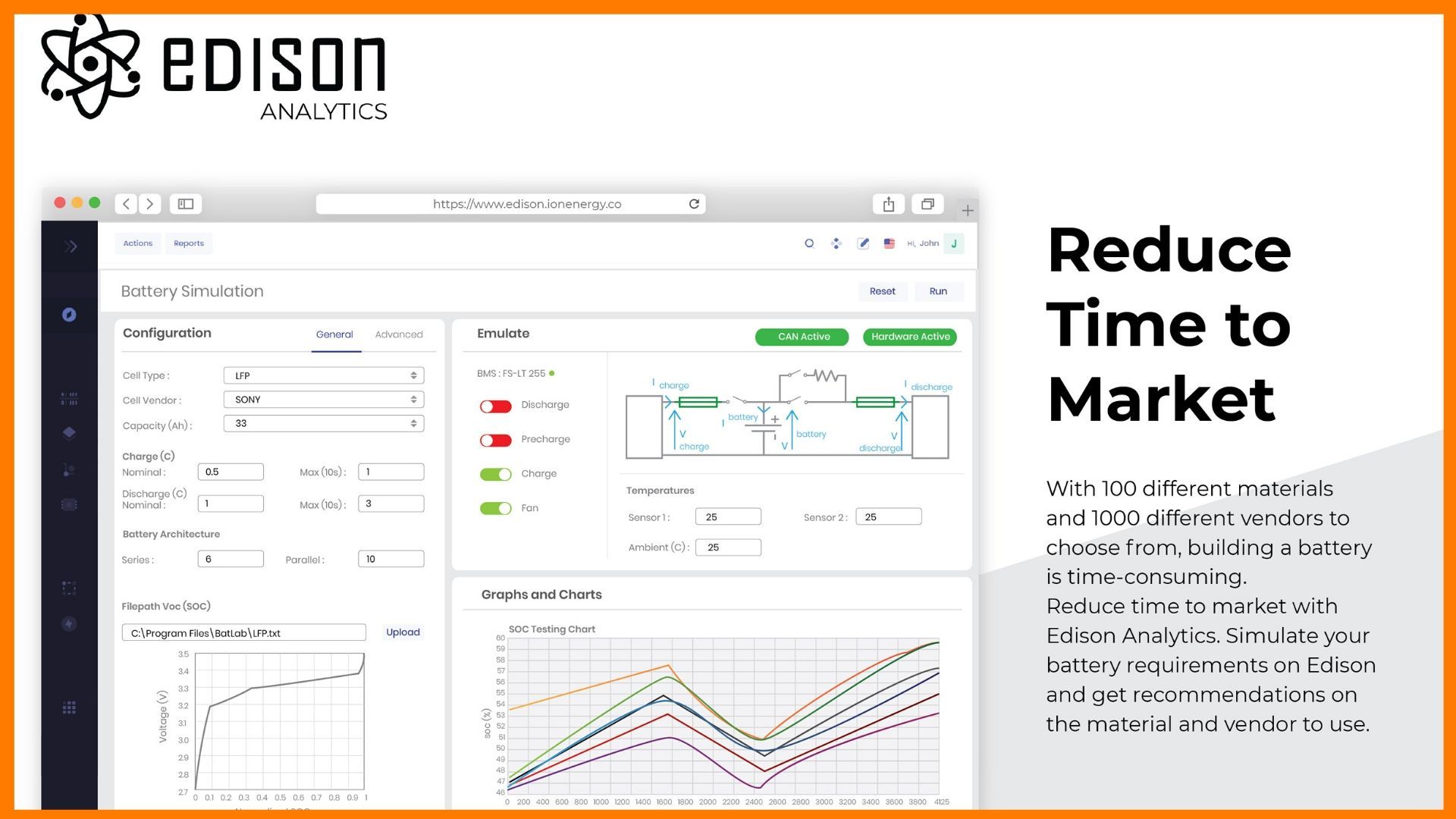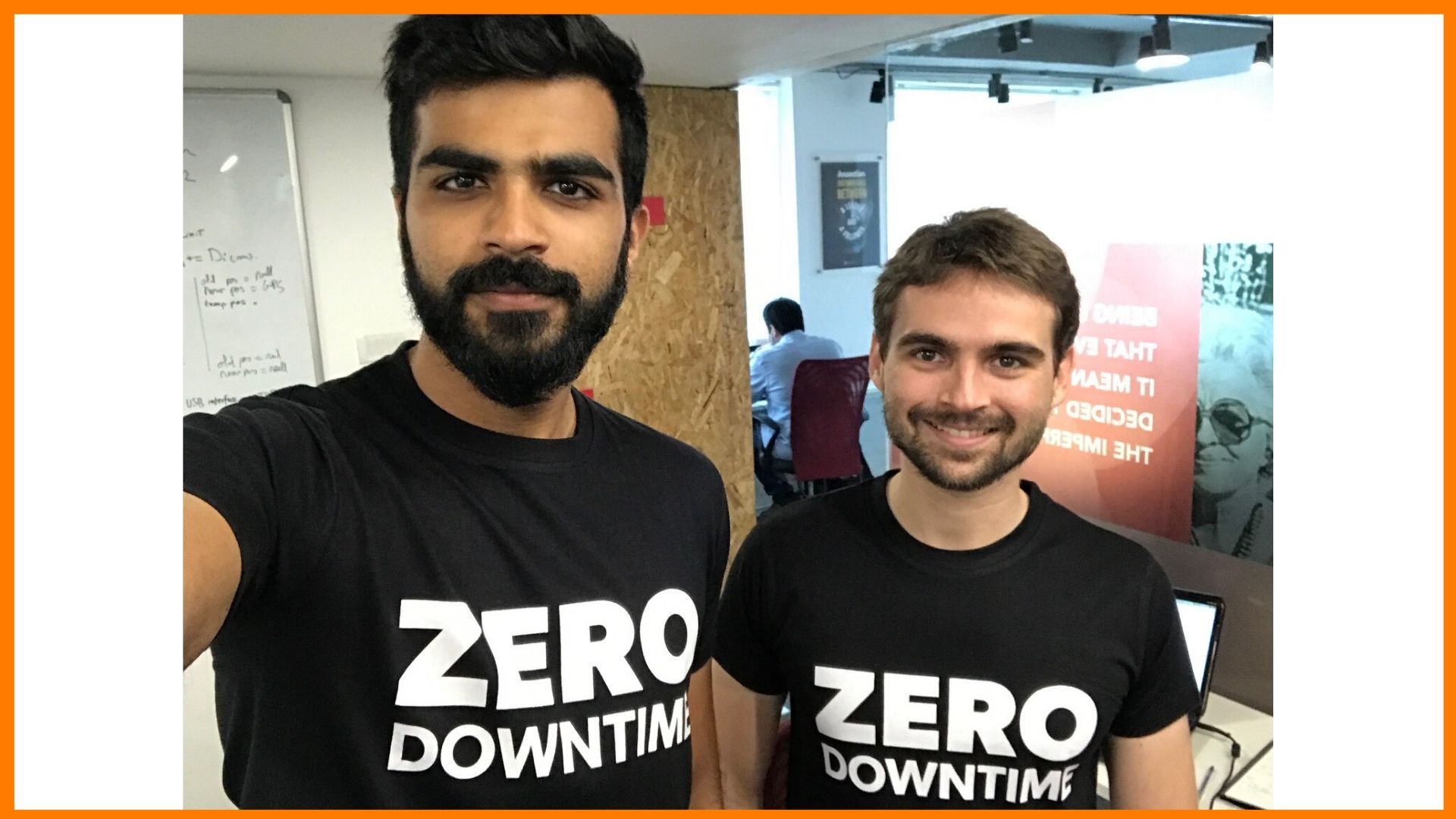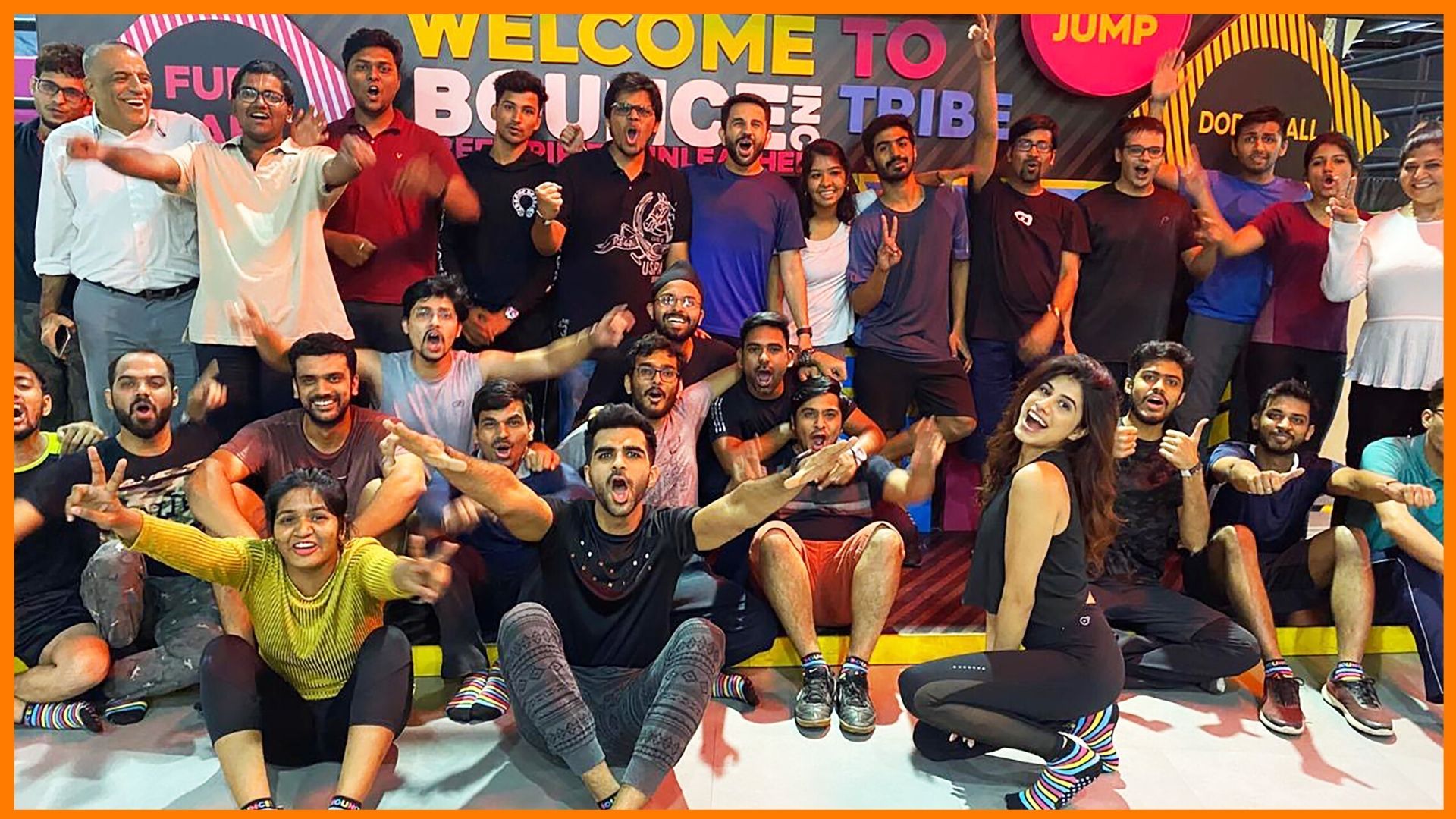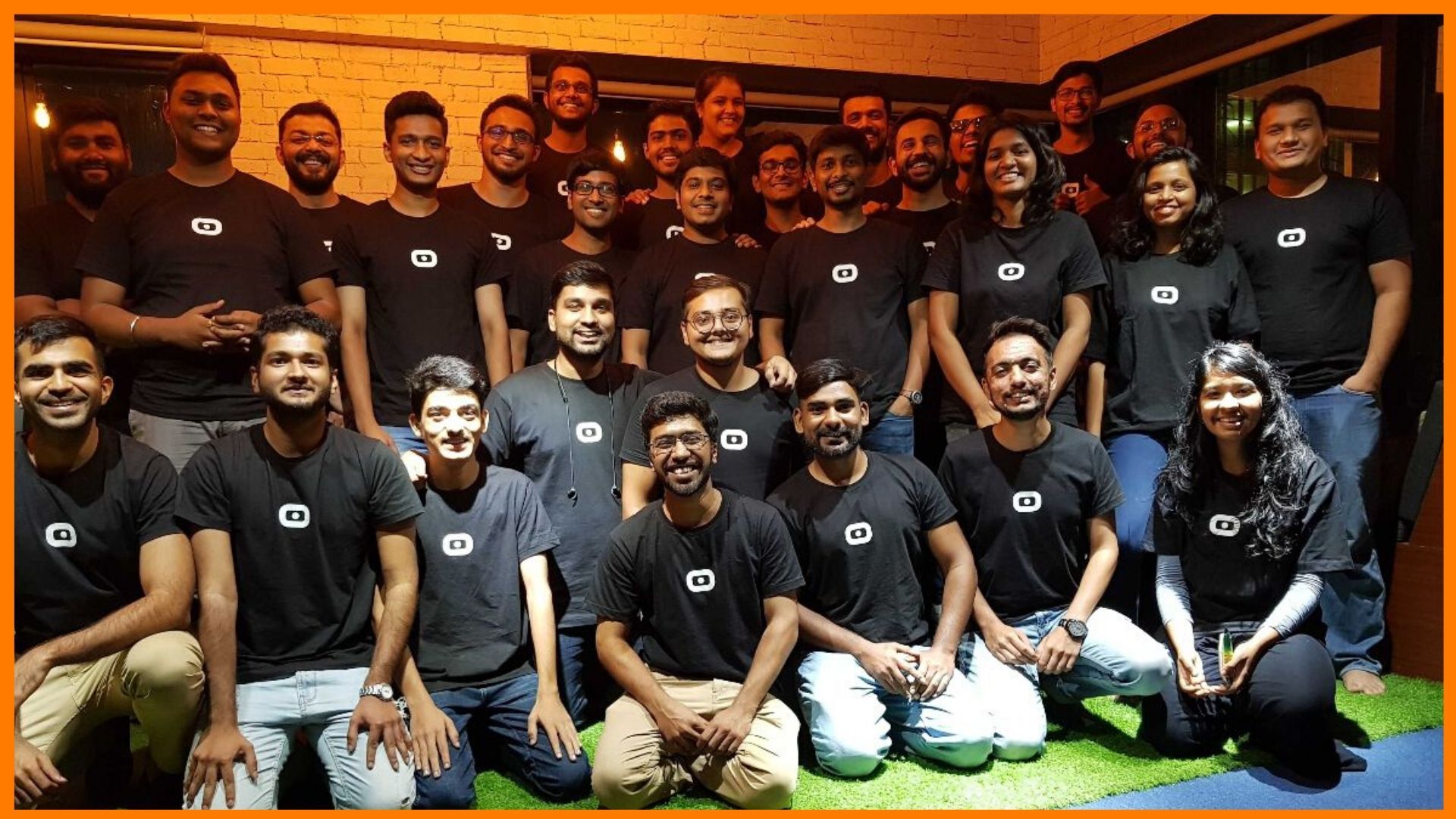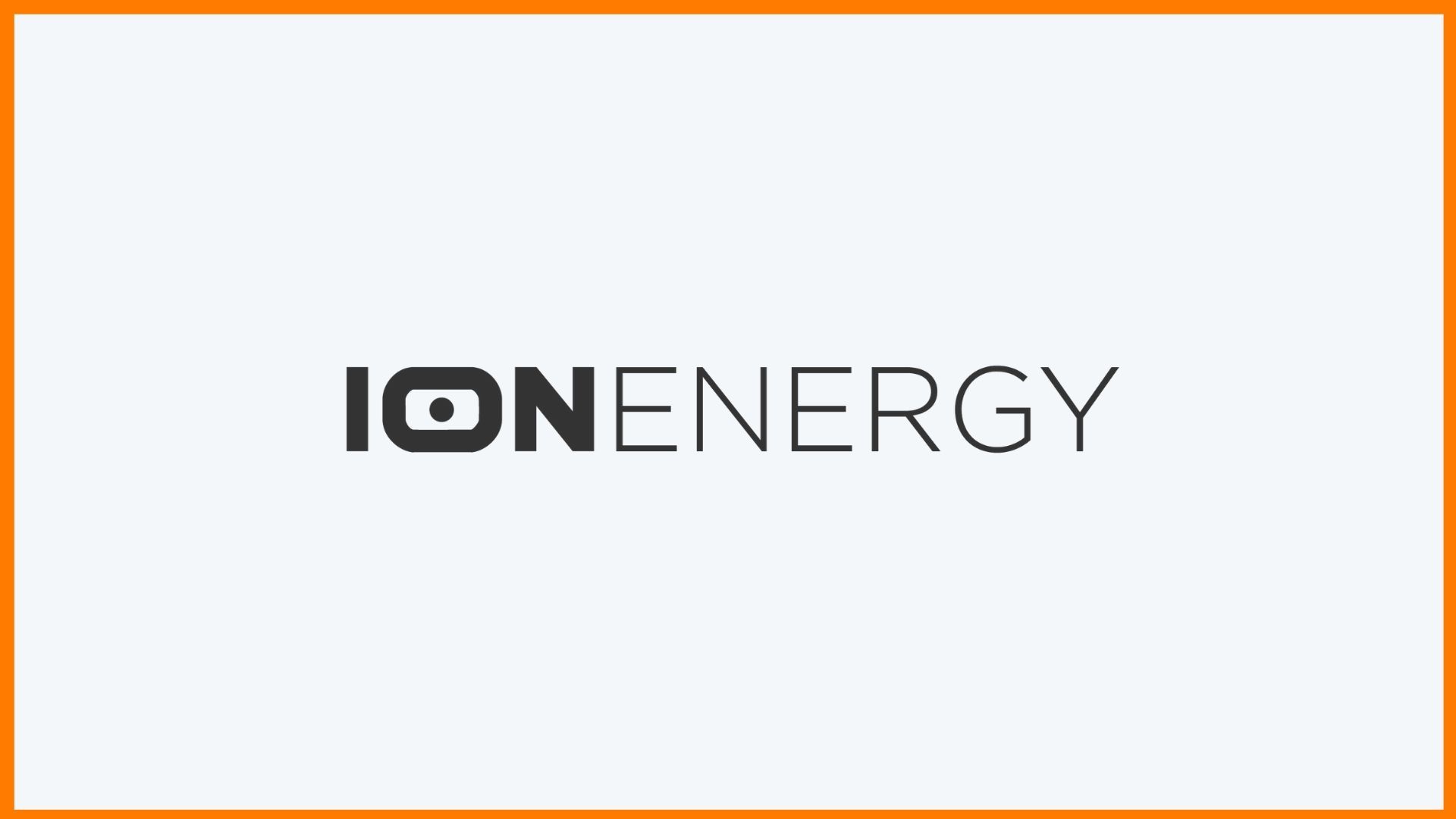Company Profile is an initiative by StartupTalky to publish verified information on different startups and organizations. The content in this post has been approved by MoEVing.
Electric Vehicles have brought revolution in automotive industry. The electric vehicle industry in India is a growing fastly. The EV market in India was valued at USD 5.5 Billion in 2020. As per the experts, it is expected to reach USD 17 Billion in five years. Recently, in December 2021, more than 50,000 registration were done for electric vehicles. This shows the customers interest in electric vehicles in India. EVs may soon replace ICE vehicles. Government also supports the market. The central and state governments have launched several schemes and incentives to promote electric vehicles in India. Investors are also inclined to invest in EV space.
Looking at the growth and opportunity in EV market, MoEVing was started. MoEVing is a technology Platform with a vision to accelerate EV adoption in India. Know about the MoEVing company, founders, funding, business and revenue model, and the startup story.
MoEVing – Company Highlights
| Startup Name | MoEVing |
|---|---|
| Headquarters | Gurgaon |
| Industry | Electric Vehicles |
| Founded | 2021 |
| Founders | Vikash Mishra and Mragank Jain |
| Total Funding Raised | $5 Million |
MoEVing – About
MoEVing – Industry
MoEVing – Founders and Team
MoEVing – Idea & Startup Story
MoEVing – Vision
MoEVing – Name, Tagline, and Logo
MoEVing – Product & Services
MoEVing – Business Model & Revenue Model
MoEVing – Funding
MoEVing – Getting Clients after Startup Launch
MoEVing – Challenges Faced
MoEVing – Growth
MoEVing – Competitors
MoEVing – Future Plans
MoEVing – FAQs
MoEVing – About
MoEVing is accelerating EV adoption with a unique technology based platform approach. Founded in February 2021, in Gurgaon (India), MoEVing is India’s first technology platform focused on developing the EV ecosystem with data at the center of its strategy. MoEVing’s current product offering on the demand side, provides solutions to top e-commerce, e-grocery, FMCG, logistics and D2C companies to optimize their logistics costs and meet their goals of reducing carbon emissions. At the same time, on the supply side, MoEVing works with OEMs, driver cum owners and financial institutions to help address various constraints that are coming in the way of EV adoption.
MoEVing is a technology led company with a vision to transform the EV ecosystem to accelerate EV adoption in India. It is a holistic approach to demand aggregation, supply optimization, connecting with charging infrastructure and financing.
MoEVing’s platform approach enables drivers to become micro-entrepreneurs, allowing assured revenue, access to charging solutions, financing, vehicle-know how, and thus increasing their income by 50%.
MoEVing – Industry

EV adoption in India is at an inflexion point particularly in 2W and 3W in commercial mobility for intra-city use cases (range of 80-120 kms) driven by multiple reasons, the top ones being:
- 40% lower TCO as compared to ICE
- Green goals of e-commerce companies
- Government push towards electrification of commercial fleet including by way of subsidy of ~10-15% of vehicle cost.
Electric vehicle adoption in India is at the right inflection point to leverage it to create both economical and sustainable benefits for the society. 2021 is the year where many critical ecosystem players have become active in the EV ecosystem, including OEMs bringing in high quality EV vehicle products into the market, charging infrastructure development becoming easier on ground and new age banks being open to financing EVs. With a management team having run over 100 Million Kilometers and a cumulative EV sector experience of 30 years, the team at it’s core believes that electrification of the B2B delivery space is possible today and provides a great business opportunity for accelerating adoption of EVs among last mile delivery drivers.
MoEVing – Founders and Team

The founders, Vikash Mishra (ex McKinsey, Shell, EV background) and Mragank Jain (ex. Standard Chartered Private Equity, A.T. Kearney) along with the key management team have experience of managing an electric vehicle fleet that has run over 100 million kilometers, policy advocacy and scaling up large businesses. MoEVing is backed by angel investors of high repute including professionals from private equity background, board members of the largest automotive OEM in India and others.
Vikash Mishra serves as Chief Executive Officer of MoEVing.
With over 20 years experience in the energy and mobility industry, he is responsible for MoEVing’s vision and development. He has been supporting the electric mobility ecosystem for the past 5 years and has even set up the Electric Mobility Initiative at Shakti Foundation for EV policy advocacy, while leading business at Lithium, the largest EV fleet operator and charging infra network. Vikash has a deep understanding of the energy industry and energy transition.
Mragank Jain serves as Chief Strategy Officer of MoEVing.
With over 20 years experience in the private equity and consulting industry in his extensive time in private equity with Standard Chartered Private Equity and SUN Group, he is responsible for MoEVing’s strategic directions and growth. He has been supporting the growth and development of various portfolio companies while playing the role of a board member. Mragank has a deep understanding of technology, automotive, financial services and logistics sectors.
MoEVing – Idea & Startup Story
Vikash, Founder of MoEVing has been in the electric vehicle fleet business for multiple years, has experience running both electric bus fleets and electric car fleets. Given his in-depth understanding on the vehicle products, operating these new age EV products and related infrastructure, being part of building the EV policy framework in India and working with large fleets, he instantly knew late 2020 that India is at an inflection point where one needs to tie the loose ends and take an ecosystem approach to accelerating EV adoption.
When the pandemic hit, he realised what a large opportunity the B2B last mile delivery space provides in terms of electrification. Having been in the space for years, he approached leaders across various sectors, investors, OEMs, charging infrastructure companies, policy makers, financiers, including brainstorming with his college batchmate, Mragank on how this very inflection point in the automotive sector can be leveraged into making a profitable business opportunity. Post multiple brainstorms with potential clients, drivers, financiers and various stakeholders, Vikash realised that the issue wasn’t optimizing order delivery which was already solved by organizations like Delhivery, Porter and Shadowfax. The issue was now reducing cost of logistics on the demand side due to unstable fuel prices as well as there being not one player who is enabling adoption of low cost vehicle technology like EVs for the driver cum owners.
This is when Vikash established MoEVing in early 2021 as a driver-centric platform that provides full-stack technology solutions including delivery, charging, financing and analytics solutions thereby making EV adoption a seamless process.
MoEVing – Vision
In five years, MoEVing expects to become a $1 billion revenue company, providing full stack solutions across form factors, with deep data expertise, having international presence and a business structure where investors with different risk profiles can participate. MoEVing has raised over $5 Million in seed capital to prove the playbook and roll- out the technology platform.
MoEVing – Name, Tagline, and Logo

The core vision of the startup is MOEVING people and goods emissions free! Integrating the aspect of EV to moving got us MOEVING! The logo was designed to be simple for all to understand with a focus on EV.
MoEVing – Product & Services

Electric vehicles are revolutionizing the larger automotive sector both for people and goods movement. With the enhancement of product availability across various vehicle form factors in India, intra-city logistics is a $375 Billion opportunity that can be electrified swiftly. MoEVing provides a full stack solution to e-commerce, e-grocery, FMCG, logistics and D2C companies, where it is the single point of contact for end to end services once the goods are lifted from MoEVing’s customer hubs to be delivered to end-consumer. Currently MoEVing provides intra-city goods movement services where per day usage of a vehicle is 80-120 kms to align with the travel range that vehicles offer per charge. As more and more vehicle types (light commercial vehicles, 4W, buses, trucks) become available and are commercially viable, MoEVing will continue to on-board all vehicle form factors onto its platform.

MoEVing – Business Model & Revenue Model
MoEVing’s business model rests on data driven defensibility as its foundation. With every vehicle being connected to the technology platform on a real time basis, MoEVing has created a data warehouse and is developing data science algorithms to drive commercial outcomes from gathered intelligence around battery behaviour, vehicle behaviour and driver behaviour leading to additional revenue streams. MoEVing’s platform is curated in a manner which allows low customer acquisition cost (CAC), low customer churn, scalable with international application with data as a moat in the business.
MoEVing – Funding
| Date | Stage | Amount | Investors |
|---|---|---|---|
| December 2021 | Seed Round | $5 Million | D.S. Brar, Promoter-Chairman, Aragen Life Sciences; Anshuman Maheshwary, COO, IIFL Wealth and Asset Management; Dr. Srihari Raju Kalidindi, Executive Director & COO Viyash life sciences; D.N. Reddy, Managing partner, Vindhya Group; Ashish Goel, Founder, Urban Ladder; Krishnadeva Veerareddy, Serial Tech Entrepreneur; Vijay Dutt, Founder, Citadel Management Consulting; Manas Fuloria, Founder & CEO, Nagarro; Nishant Sharma, Co-Founder, Managing Partner & CIO, Kedaara Capital; Mukul Dhyani, Senior IT Executive based out of Europe, Naresh Agarwal, Head of India R&D, Traceable; Abhishek Poddar, MD, Macquarie (MIRA); Mayank Gupta, ex-KKR Director; Anand Dalmia, Co-Founder, Fisdom; Bhanu Singhal, ex-Citibank, Govind Agarwal; Chaitanya Kamdar, Subodh Gupta and Mukesh Tiwari. |
MoEVing – Getting Clients after Startup Launch
The company was incorporated on January 19th 2021 and signed its first PAN India contract on January 21st, 2021 with one of India’s biggest e-grocery companies. Their main strategy was and is delivering the best service to ensure there is no reason for any client to not convert their last mile delivery to electric. MoEVing started with 1 client and expanded very quickly to 20+ clients in 11 months because they continuously provided their thesis operationally and supported various requirements of clients and drivers to make the transition to EVs seamless.
The company has a low/zero CAC business model, since the beginning they have no sales people in their team. The growth is purely driven by two factors.
- The clients, top e-commerce, e-grocery, FMCG, logistics and D2C companies needing to optimize their logistics costs and meet their goals of reducing carbon emissions.
- Time and again, the proven track record with multiple customers of scaling fleet across cities and across vehicle form factors, nationally.
MoEVing – Challenges Faced
Here are some to the major challenges faced initially:
- Client based challenges: Electrification of the fleet requires fundamental changes in the operational approach, which leads to us crossing initial knowledge hurdles with any client or driver they onboard.
- Infrastructure based challenges: Currently most charging infrastructure providers are focusing investments towards fast charging solely focused on B2C uptake with close to no planning overlap with B2B EV charging usage where the larger percentage of adoption will take place in the coming 5 years. This created an issue for MoEVing initially but now they create their own charging spaces where drivers can charge vehicles, park, get their vehicle maintenance & related services done.
- Financing based challenges: With no proven product life cycle and product know-how, it was initially difficult to convince both traditional and new age financiers to finance EVs at an affordable rate.
- Driver based challenges: Initial challenges around driver training, basic understanding of EVs and how to charge them. But these are easily overcome through company’s driver training.
MoEVing – Growth

Since its inception in February 2021, MoEVing has signed contracts worth US$ 180 million in revenue potential (over three years) with 20 clients in e-commerce, e-grocery, FMCG, logistics and D2C companies. The Company has established its presence in 10 cities and operates a fleet of 650 vehicles (3W and 2W) and has a 90 people team.
MoEVing – Competitors
No player is taking an ecosystem approach towards EV adoption currently, most of the EV logistics players are solving for delivery optimization using EVs. Currently players in the same space are Mahindra Logsitics, Zypp, and LoadXX.

MoEVing – Future Plans
In the next 24 months, MoEVing aims to onboard 25,000 driver cum EV owners by end of 2023, have 50% of India’s charging stations on its app, finance a large proportion of EV fleet and facilitate financing of the same through other partners, and abate 2 Billion MT of carbon.
MoEVing – FAQs
When was MoEVing founded?
MoEVing was founded in February 2021 at Gurugram.
Who are the founders of MoEVing?
Vikash Mishra and Mragank Jain are the founders of MoEVing.
What services MoEVing offers?
MoEVing offers delivery services across different sectors, charging services, training programs for drivers and others.




























